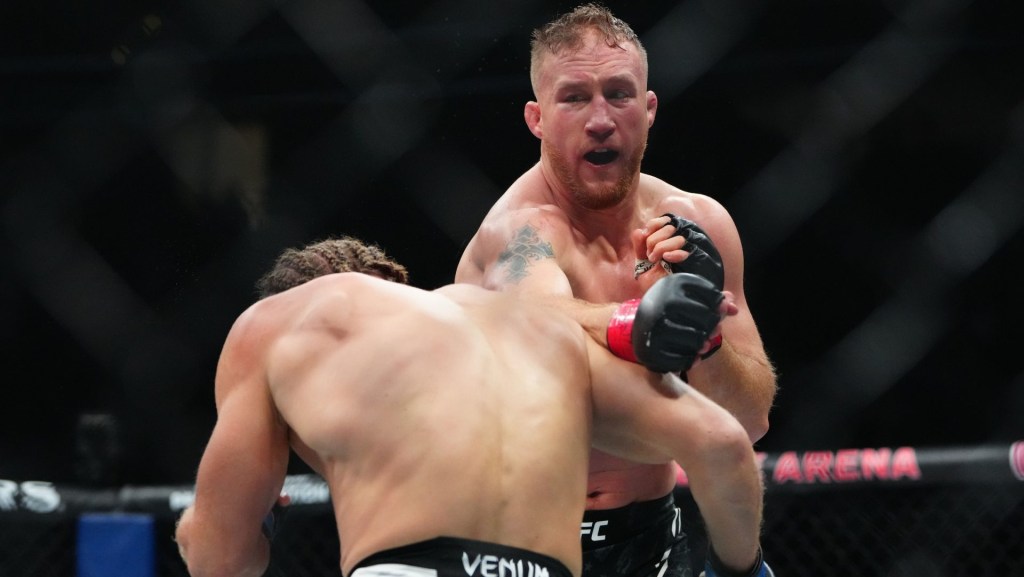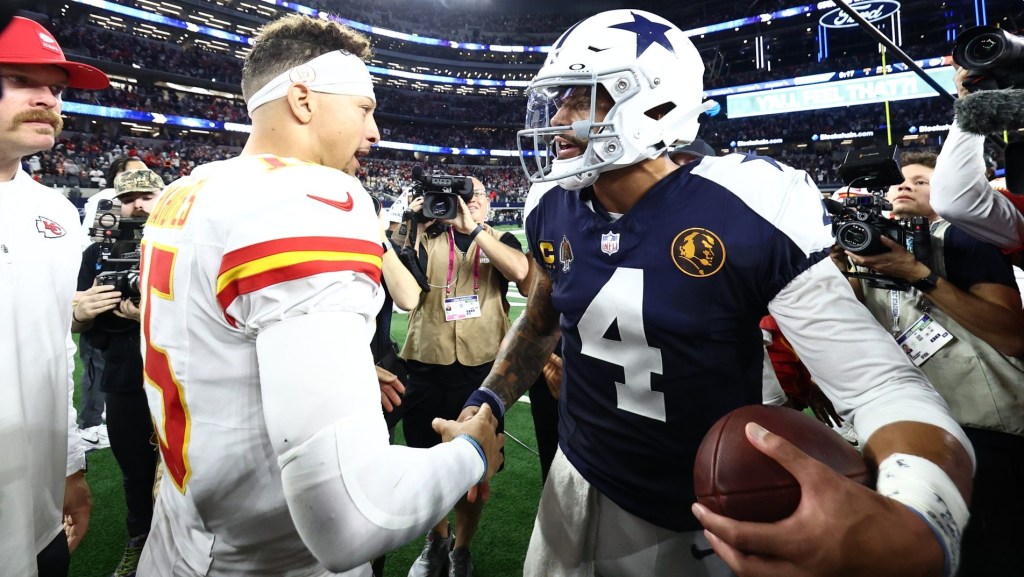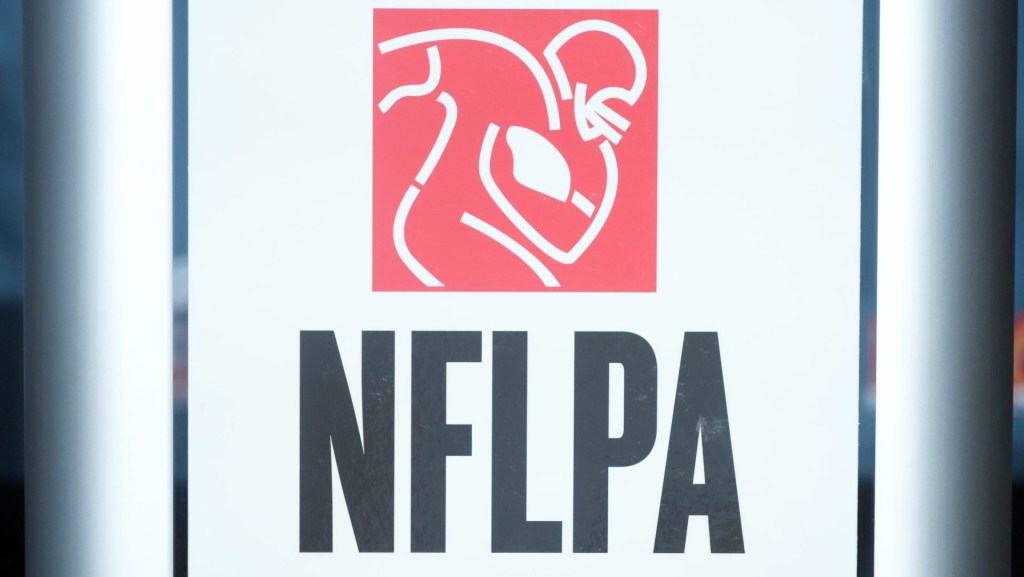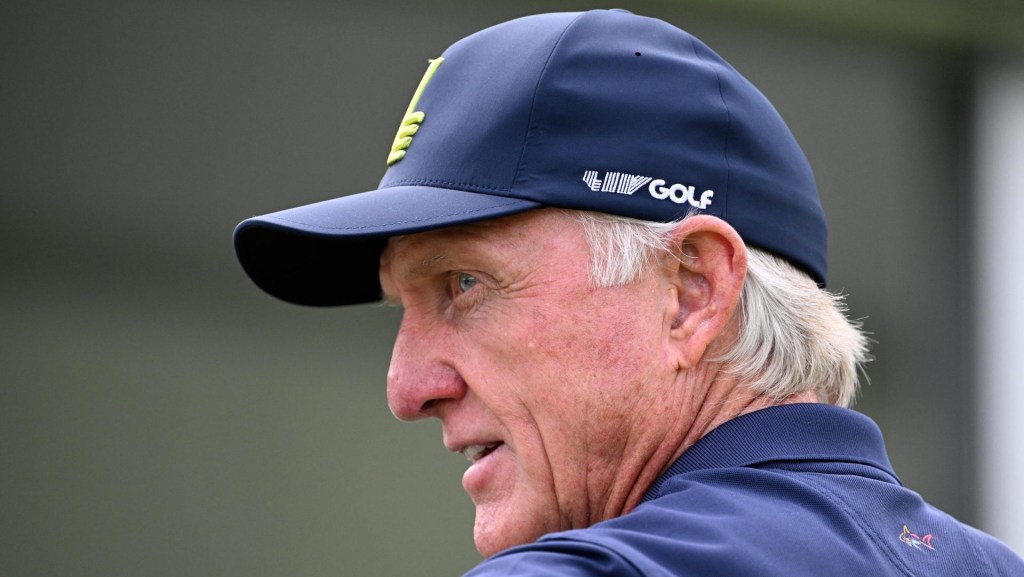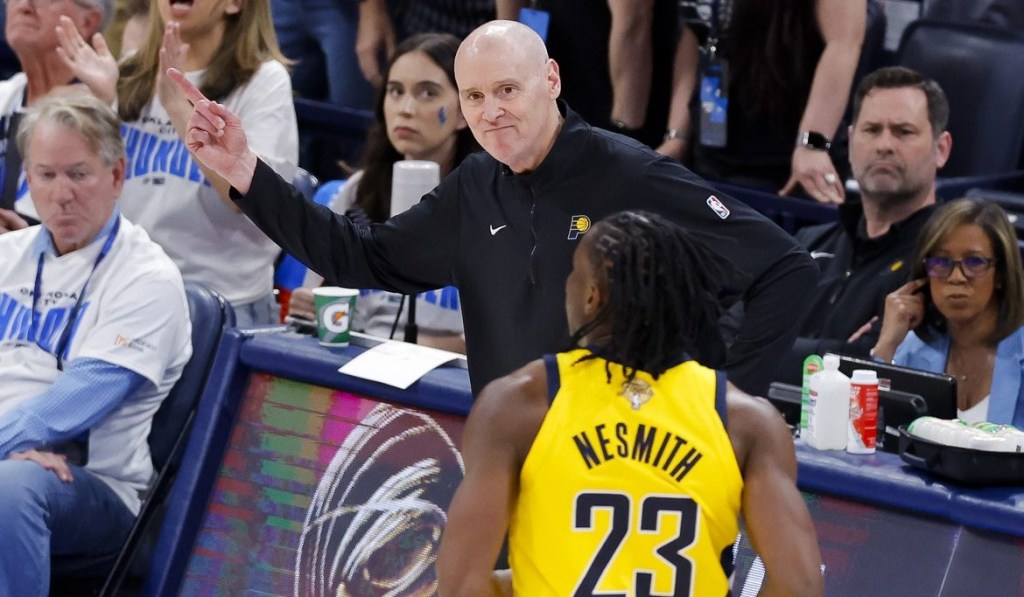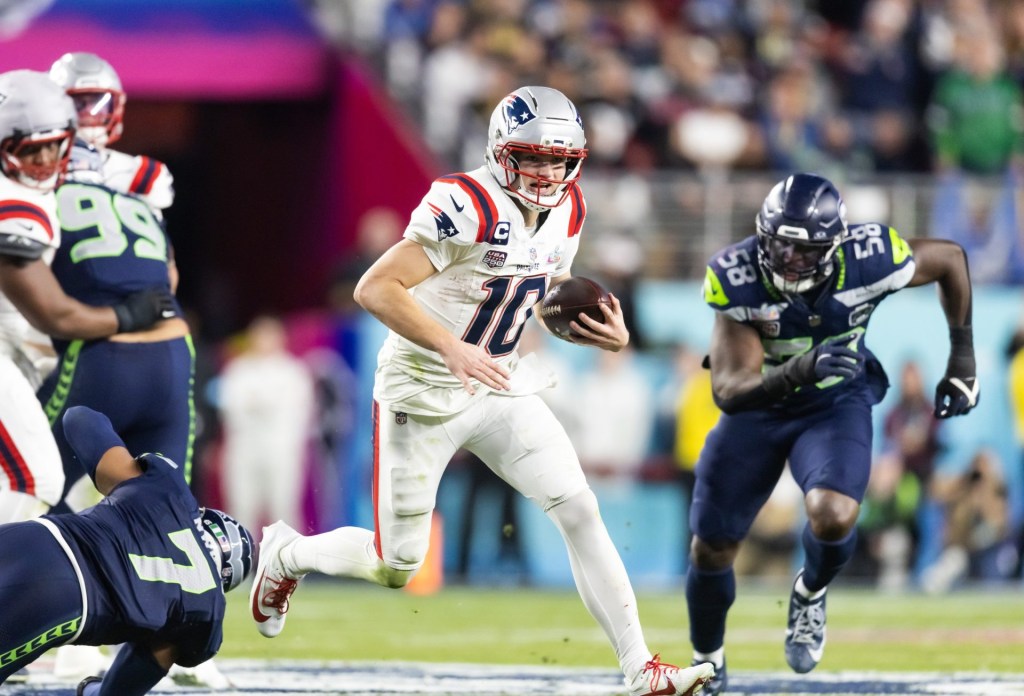The Timberwolves, following their first conference finals appearance in 20 years, traded away four-time All-Star Karl-Anthony Towns. And salary-cap management played a massive role in the decision.
On Friday, The Athletic reported Minnesota was trading Towns to the Knicks for Julius Randle, Donte DiVincenzo, and a protected first-round pick (via the Pistons). Towns is set to make $220 million over the next four years.
The T-Wolves—who are still entering this season with the league’s second-highest payroll—would have paid nearly $150 million to just Towns, Anthony Edwards, and Rudy Gobert in each of the next two seasons.
Randle and DiVincenzo each have smaller and shorter contracts and could be used as trade pieces down the line. Their deals also offer the Wolves a better chance to get below the league’s dreaded second apron after this year.
What Are the Second Apron Penalties?
The NBA instituted its new CBA in 2023—which came with two different figures above the salary cap, called aprons. If teams were to pass those marks, they were set to face penalties, with the second apron, naturally, including more severe punishments.
It will be much harder for second-apron teams to make trades, as they will not be allowed to use trade exceptions to ensure matching salaries. They will also be stripped of the taxpayer mid-level exception, a free-agency option that many top teams use to add additional roster depth. (For example, the Nuggets used this to sign Dario Šarić.)
Perhaps the most damaging penalty is that teams that pass the second apron for three out of five seasons will have their first-round pick automatically moved to the end of the round.
Another Philosophy
The Wolves were serious contenders who defeated the defending champion Nuggets last year, so running back the same core made sense in a wide-open Western Conference. While the team would sacrifice future roster flexibility and potentially incur massive fees, some front offices or ownership groups would argue a championship heals all wounds.
That’s what some in Boston seem to feel.
In 2025–2026, Boston is expected to pay a record $500 million for its payroll, with more than half of the charges coming from tax penalties. The fees have reportedly divided ownership and were a driver in the decision to put the team up for sale.
“With the new CBA and the penalties that are associated with it … I think that those are all things that we have to be super aware of,” Brad Stevens, Celtics president of basketball operations, said at the team’s media day last week. “We need to just keep doing what we’re doing, and business as usual, and do what you can to build the best team that we can and see what happens from there.”


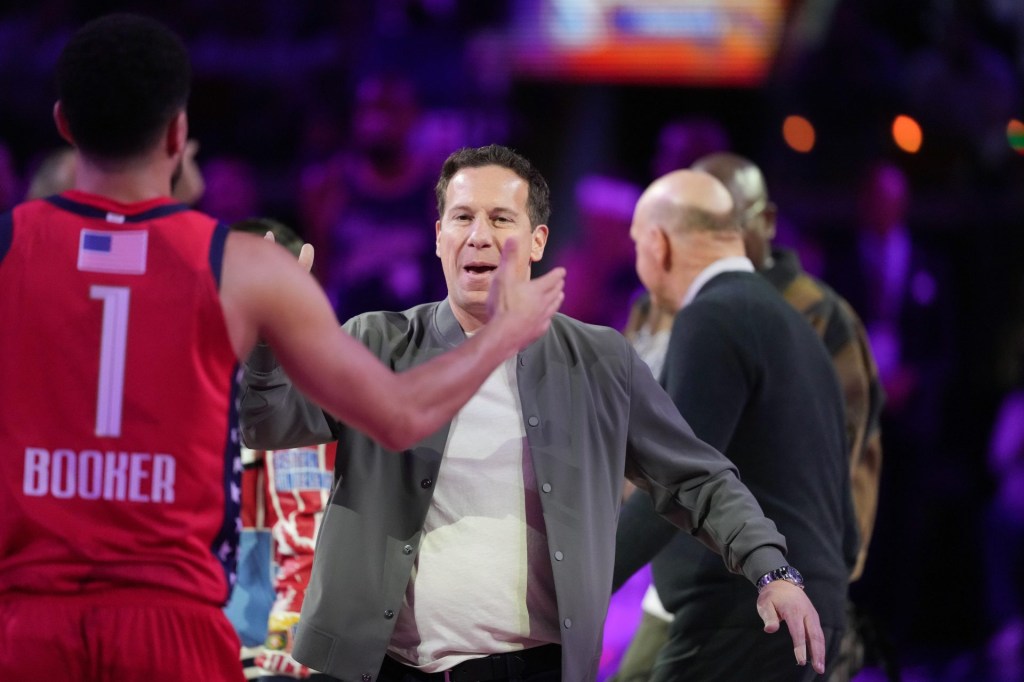
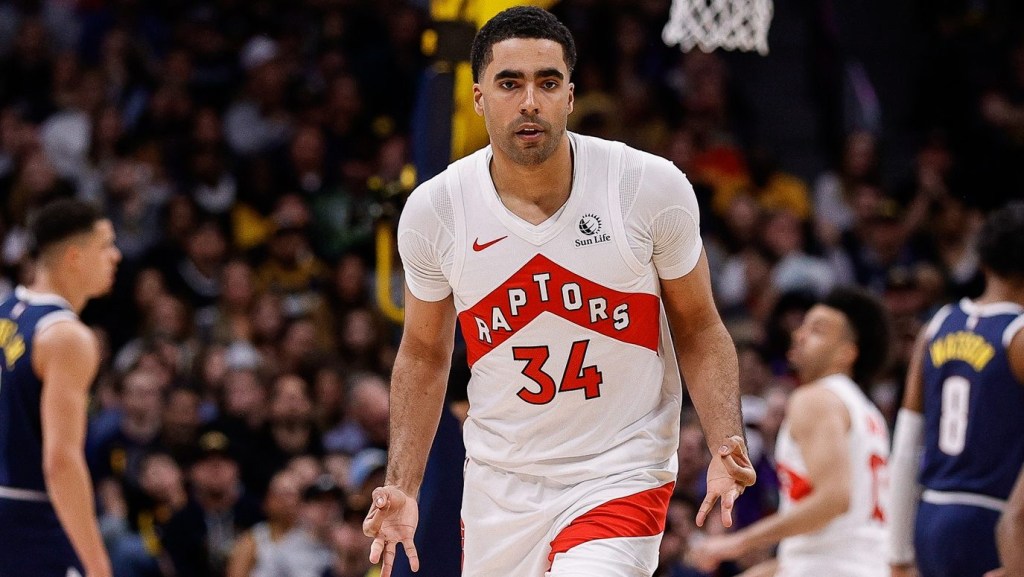
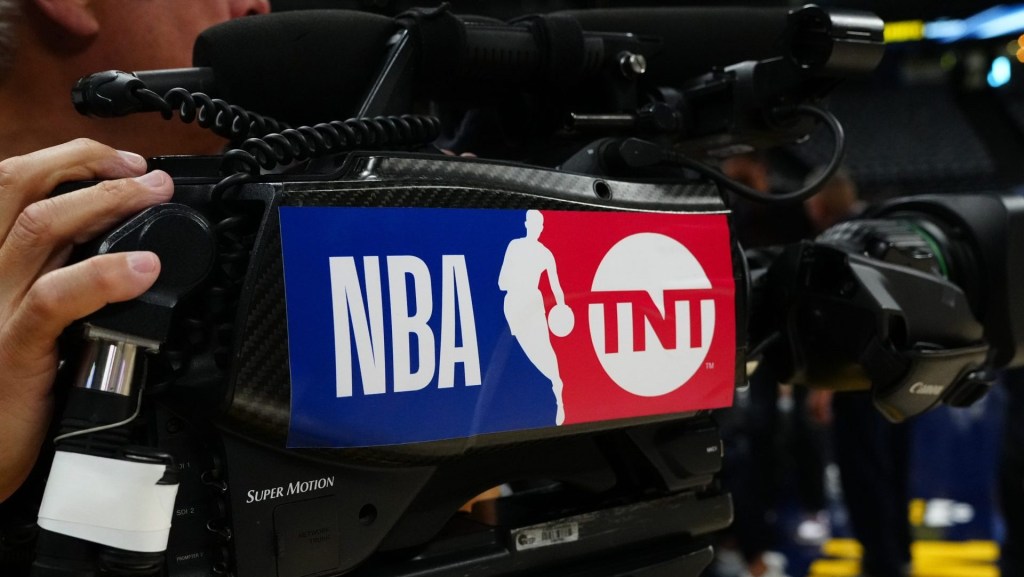
![[Subscription Customers Only] Jun 15, 2025; Seattle, Washington, USA; Botafogo owner John Textor inside the stadium before the match during a group stage match of the 2025 FIFA Club World Cup at Lumen Field.](https://frontofficesports.com/wp-content/uploads/2026/02/USATSI_26465842_168416386_lowres-scaled.jpg?quality=100&w=1024)
![[Subscription Customers Only] Jul 13, 2025; East Rutherford, New Jersey, USA; Chelsea FC midfielder Cole Palmer (10) celebrates winning the final of the 2025 FIFA Club World Cup at MetLife Stadium](https://frontofficesports.com/wp-content/uploads/2026/02/USATSI_26636703-scaled-e1770932227605.jpg?quality=100&w=1024)



